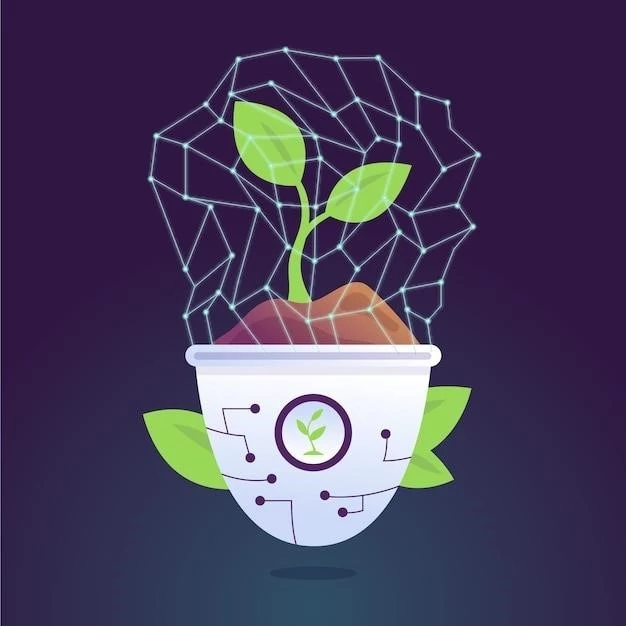For centuries, plants have been viewed as passive organisms, responding solely to external stimuli. However, recent scientific breakthroughs have revolutionized our understanding of plant life, revealing a hidden world of complex intelligence and communication. This article explores the fascinating realm of plant intelligence and communication, shedding light on their remarkable abilities.
The Evidence of Plant Intelligence
Plants exhibit a wide range of cognitive abilities that challenge traditional notions of intelligence. They demonstrate:
- Memory: Plants can remember past experiences, such as drought conditions, and adjust their growth and behavior accordingly.
- Learning: Studies have shown that plants can learn from their environment and modify their responses to stimuli. For example, they can learn to avoid harmful substances or adapt to changes in light conditions.
- Problem-Solving: Plants have been observed to solve complex problems, such as navigating obstacles or finding optimal growth conditions;
- Decision-Making: Plants make decisions based on a variety of factors, including resource availability, competition, and environmental cues.

Plant Communication
Plants communicate with each other and their environment using a variety of methods:
- Chemical Signals: Plants release volatile organic compounds (VOCs) that act as chemical signals. These signals can attract pollinators, deter herbivores, or warn neighboring plants of impending danger.
- Electrical Signals: Plants use electrical signals to transmit information throughout their bodies. These signals can trigger responses to stimuli, such as touch or injury;
- Mycorrhizal Networks: Mycorrhizal fungi form symbiotic relationships with plant roots, creating vast underground networks. These networks facilitate the exchange of nutrients and information between plants.
- Root Exudates: Plants release chemicals called root exudates into the soil. These exudates can influence the behavior of other plants, microbes, and even insects.

The Importance of Plant Intelligence and Communication
Understanding plant intelligence and communication has profound implications for:
- Agriculture: By understanding how plants communicate and respond to their environment, we can develop more sustainable and efficient agricultural practices.
- Conservation: Understanding plant communication networks is crucial for protecting biodiversity and restoring degraded ecosystems.
- Medicine: Plants produce a wide range of bioactive compounds that have medicinal properties. Understanding plant intelligence may lead to the discovery of new drugs and therapies.
Conclusion
The emerging field of plant intelligence and communication is revealing a fascinating world of complex interactions and sophisticated abilities. Plants are not passive organisms but rather intelligent and communicative beings that play a vital role in our ecosystem. As we continue to unravel the mysteries of plant life, we gain a deeper appreciation for their remarkable abilities and the importance of preserving their diversity.










